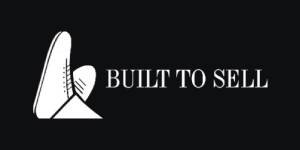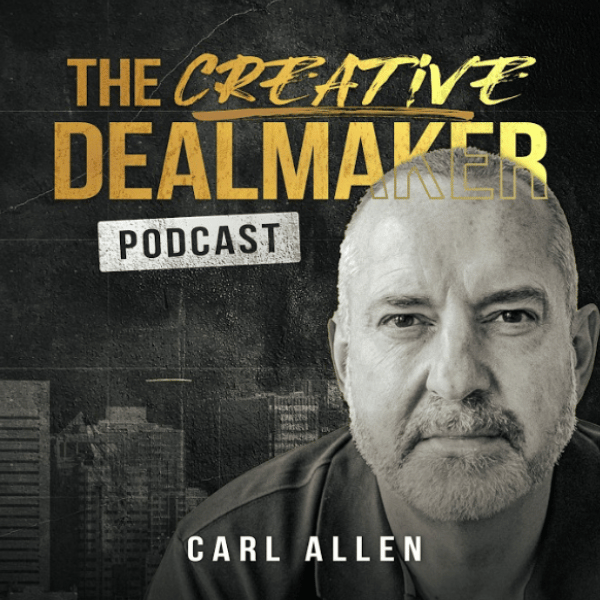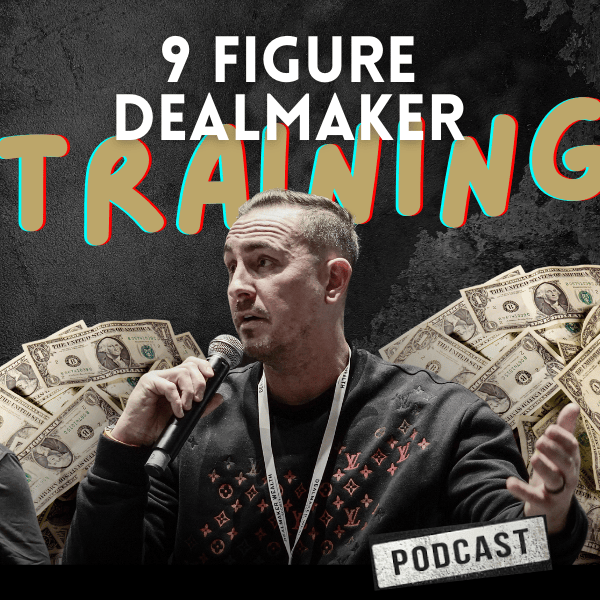
When it comes to deal origination strategies, brokers aren’t my favorite.
That said, I have closed some great deals with brokers involved, so it can be worth using them to some degree.
As you may know, I use four primary methods of deal origination:
- Direct approach (i.e., writing to owners in a highly confidential and rapport-building way)
- Your network (CPAs, lawyers, wealth managers and banks/financiers)
- Social media (Facebook and LinkedIn)
- Brokers (on sites like BizBuySell.com, Transworld Business Advisors, etc.).
The one BIG advantage with business brokers is… you know for sure the business is for sale and that the seller is serious. They have approached a broker, paid a listing fee and are waiting for interested parties to make offers.
The business broker market is highly unregulated — it’s the Wild West in most cases. Though some brokers are excellent and professional, based on my experience, most are not.
Brokers by nature are looking to sell businesses to other businesses. It’s why the asking prices are quite often at a premium. The broker is hoping a trade buyer (competitor) will recognize a lot of strategic and financial synergies and make a premium offer.
I’ve done that. At Hewlett Packard, I structured a deal to pay $4.5 billion for a software company worth less than half that simply because the synergies were endless.
Unfortunately for brokers — but fortunately for us — they’ll sell 1-in-15 or -20 businesses on average.
That’s why in my mind, brokers are primarily a place to get some practice speaking the dealmaking language with sellers… but play by the following eight rules to maximize results…
DO…
- The 9-month rule. I always ask brokers how long the business has been for sale — I typically don’t touch deals that haven’t been listed for at least nine months. By that time, trade buyers (if there were any) have come and gone and the seller is nagging the broker for meetings and offers. This is when a broker will significantly soften and play much nicer.
- Build relationships. A good broker with a good relationship can pay dividends. He or she can find off-market deals for you and often refer you a seller. Always target deals that are in the lane where you have experience, can add value and even have a network to deploy. Treat a broker like a seller. Build trust, credibility and rapport. Position yourself as a safe pair of hands. Get the broker to know, like and trust you… and they can help convince a seller to do the same.
- Request direct seller access. As you know, this is a relationship business. You need time with a seller to create the willing buyer–willing seller relationship. As with the broker, you need to build trust, credibility and rapport with the seller; to position yourself as a safe pair of hands; get the seller to know, like and trust you.
DON’T…
- Burn bridges. You will find the offers you make will sometimes fall short, especially if the business has been on the market for than 9 months since the seller and broker are still deluded about the premium valuation. If a deal can’t be done, respectively and professionally move on. Part ways with “I’m sorry we can’t agree a mutually acceptable deal structure. Perhaps we can do business on a future deal. I’ve enjoyed our discussions and good luck with the sale. Come back to me in a few months if the business hasn’t sold.”
- Make a draft offer. Before a broker allows you to meet the seller and even see the detailed financials, they may ask for a draft offer. This is almost impossible. It’s like being asked to make an offer on a house without (a) seeing it or (b) knowing where it is. Professionally say, “I cannot make an offer on this business until I have access to the relevant financial information and have spent some time with the seller to understand the business. Once I have done that, providing we have a willing buyer–willing seller relationship, I will return with an offer.”
- Offer proof of funds. This is a classic. Similar to the last rule, how can you provide proof of funds before you know the business, its valuation and the potential deal structure? Is the business worth $1 or $10 million? You aren’t a futurist! Your response should be, “Once I have reviewed the relevant financial information, met the seller and have a willing buyer–seller agreement, I will return with a fully funded offer alongside my financial partners.” If the broker asks who your financial partners are, tell them. You should be building financial relationships as part of your deal origination. It’s also alright to explain at this point that you’ll be funding the deal through a mix of equity, debt financing and seller financing.
- Offer personal credit or financial history. This is highly intrusive. Financiers may ask for this (especially the SBA), but brokers should not. Tell the broker respectfully, “I’m not prepared to share sensitive financial information with you. You will not be financing this deal for me. My financing partners will receive this.”
- Agree to goodwill deposits. This is my personal favorite — when a broker asks for a $10K (or more) deposit to see the financial information or meet the seller in order to prove you’re a serious buyer. My counter is always, “I’m looking at multiple deals, clearly I’m not paying just to see information. Instead, I want a goodwill deposit from you, Mr. Broker. I’m about to invest lots of time and energy researching this deal. That will tell me that YOU’RE serious about it.” Clearly, that’s said in jest and it breaks the ice. Most of the time, the goodwill deposit issue evaporates.
So those are my eight hacks for playing nicely with brokers. Be respectful, professional, courteous and build the relationship.
Some brokers are great to work with even if the majority are not…
You won’t know until you try.
Until next time, bye for now.
















